
Future Innovators
-
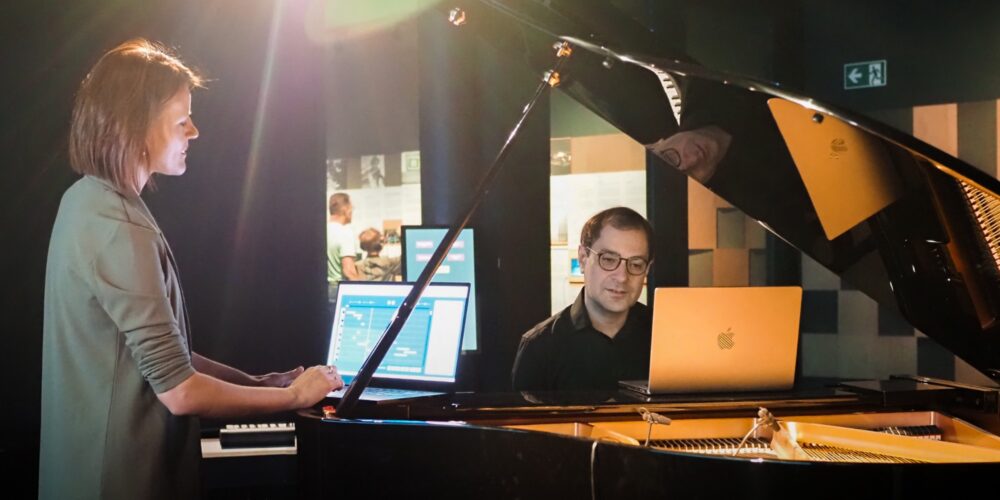
“Waltz Symphony”: Of humans and machines
Artificial intelligence and classical music merge seamlessly in the Waltz Symphony project. Composition students develop innovative orchestral pieces in dialogue with the AI application Ricercar.
-
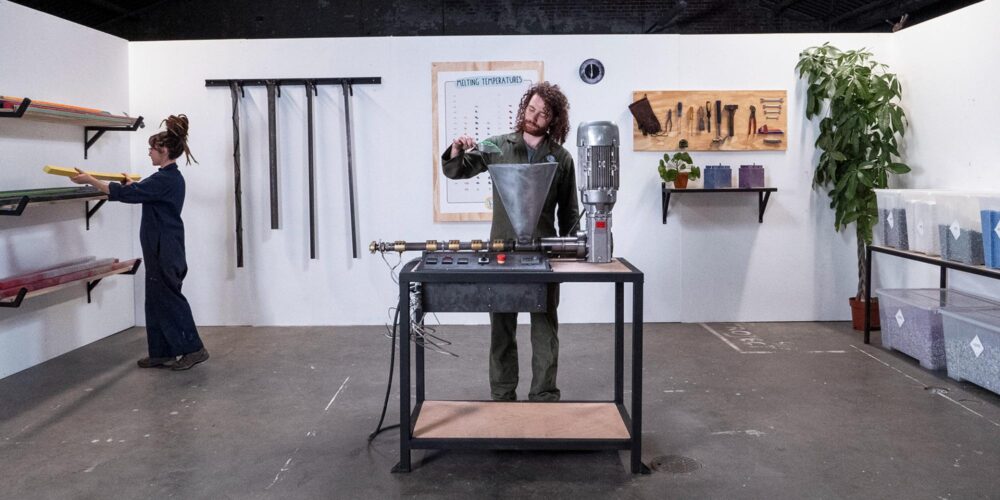
Beacons of hope in a changing world
Under the title HOPE, the Ars Electronica Festival 2024 will focus on the people who give us cause for optimism.
-
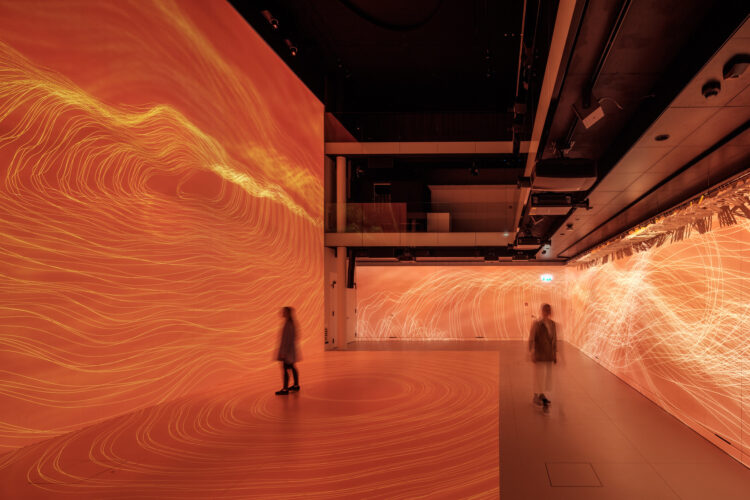
Ars Electronica Recap 2023: AI, Art and Human Creativity
Technology as the third pillar of Ars Electronica was reflected in 2023 in projects ranging from Linz to Shanghai, from AI to card games and from local industry to international space travel.
-
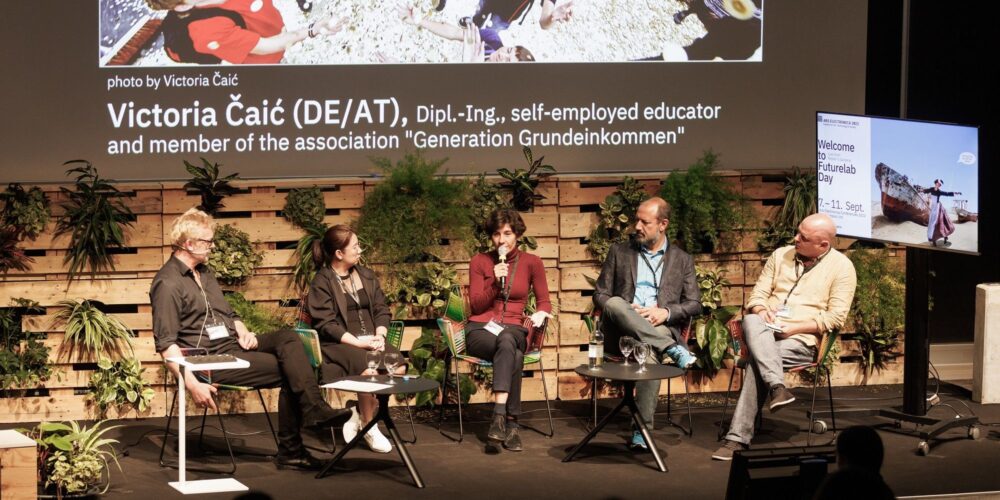
More than just survival: “Work of the Future”
How will future generations earn income – and how can work serve a common good? An open discussion at the Futurelab Day.
-
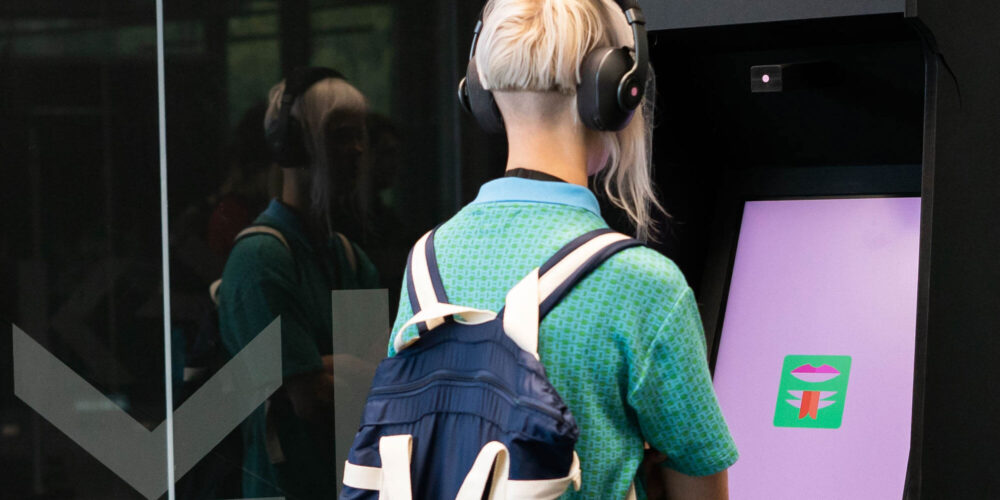
Humanity in-between Videogames and Neurofeedback
With 5 interactive installations, Belgian artist Roel Heremans makes the ethical framework for innovation in our society playfully tangible.
-
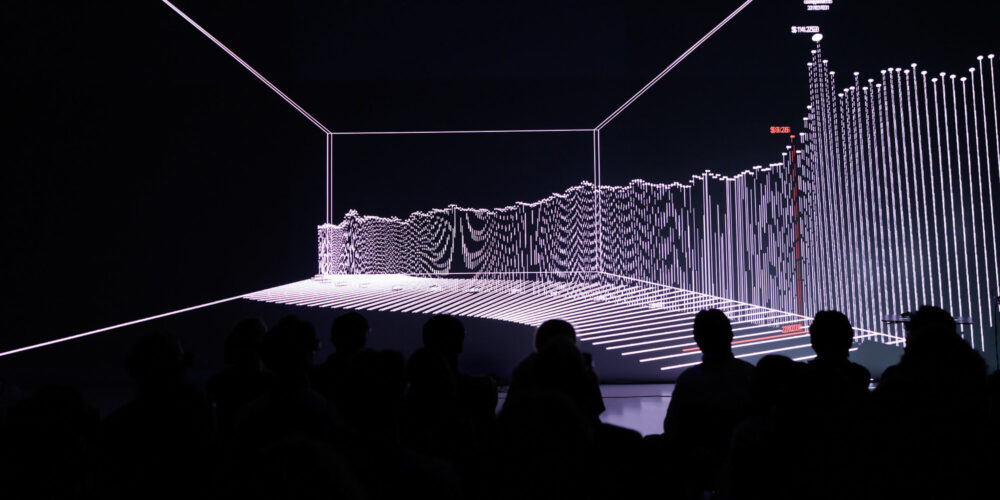
Dataspace: Newspaper of the Future?
How to bring truth to the center of collective perception? Artistic Journalism and Dataspace as ways out of the vacuum of real information.
-
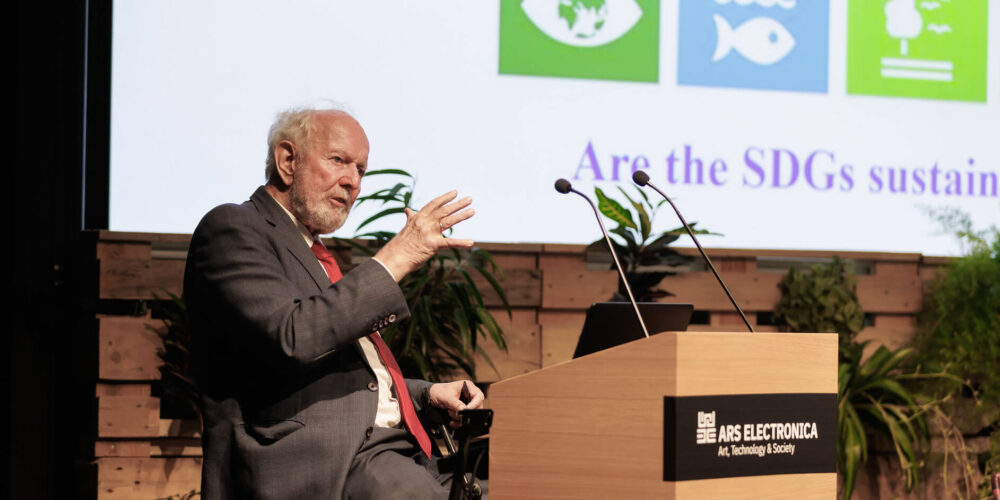
Earth4All: It is not too late
50 years after “The Limits to Growth” Club of Rome with “Earth4All” warns about the consequences of social inequality for our planet: A Survival Guide for Humanity
-
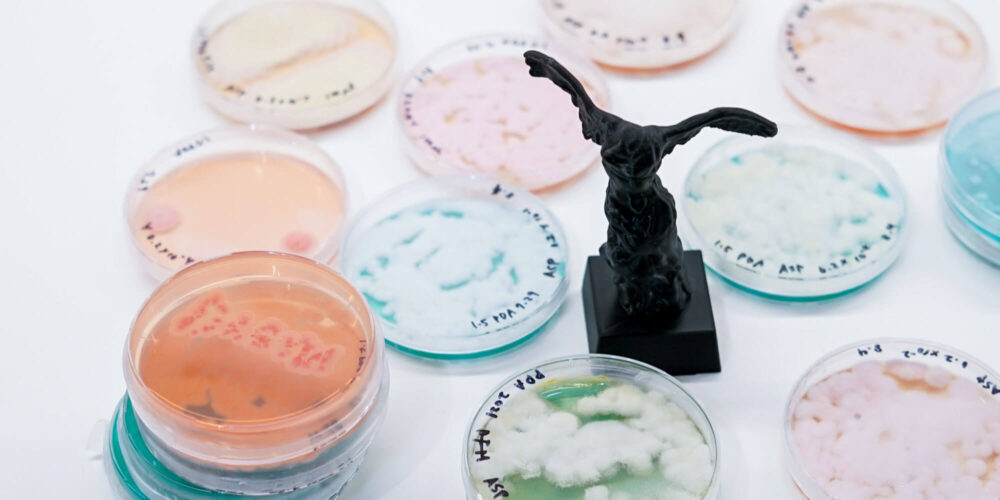
Expedition into the realm of ideas
From climate change to microbiology and artificial intelligence: the most experimental ideas from the Ars Electronica Futurelab will once again be presented at this year’s festival.
-
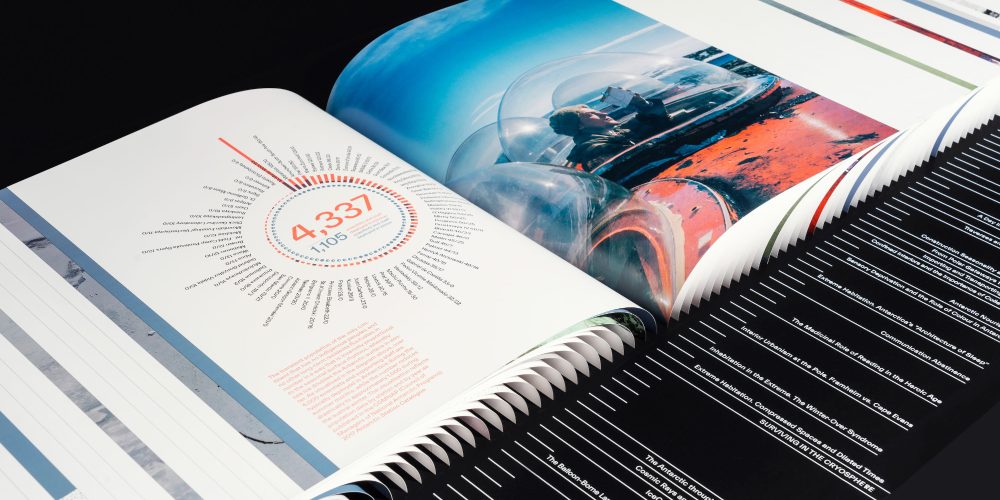
“What happens in Antarctica does not stay in Antarctica”
What does the melting of Antarctica have to do with the future of planet Earth? A lot – and that’s exactly why Giulia Foscari and UNLESS, in the work “Antarctic Resolution”, awarded the STARTS Prize 2022, have called for saving Antarctica and say: “Speak up for Antarctica now!”
-
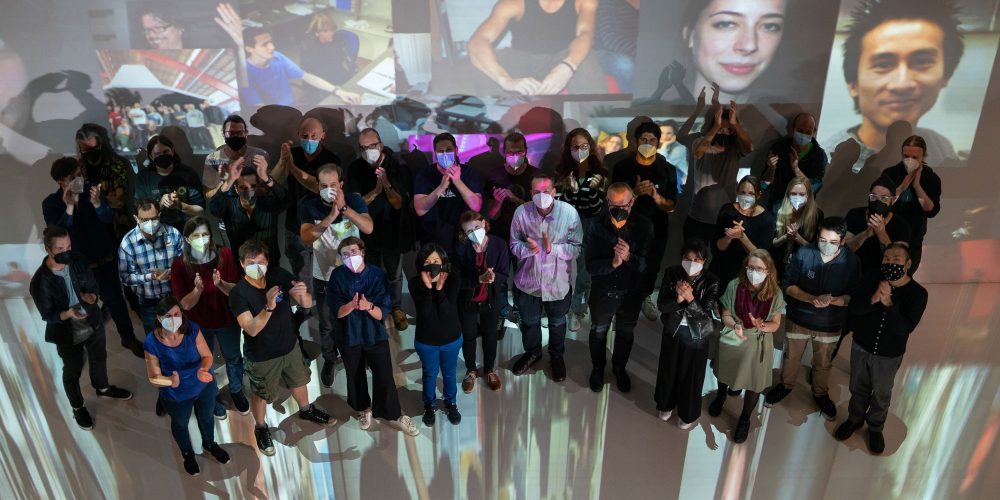
This was Ars Electronica Futurelab’s Birthday Party
On its anniversary on September 9, the Ars Electronica Futurelab celebrated the lab’s visionaries. With talks and discussions, guided tours and performances – and lots of new ideas for the future.
-
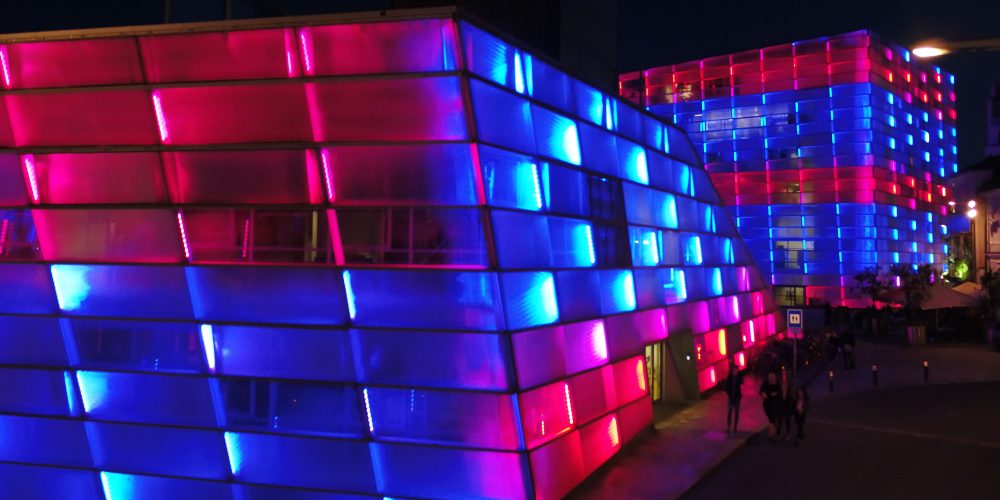
Directors Talk – 25 years Ars Electronica Futurelab and beyond
We all shape future – constantly. In the process, we are confronted with major challenges, from the climate crisis to digital transformation.
-
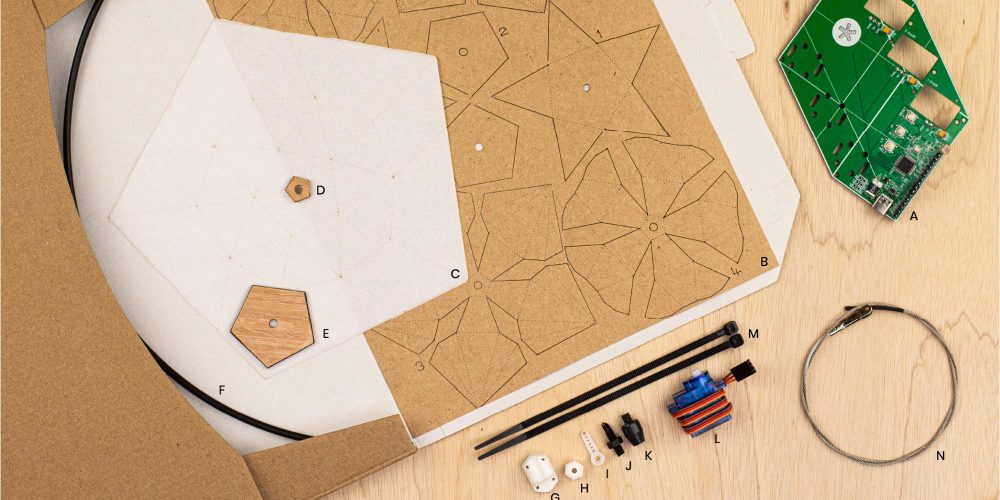
ORIBOKIT™ How to build robotic origami
With Oribokit™, a DIY kit for origami robots, Matthew Gardiner aims to collectively cross the boundaries between art and science towards the future.
-
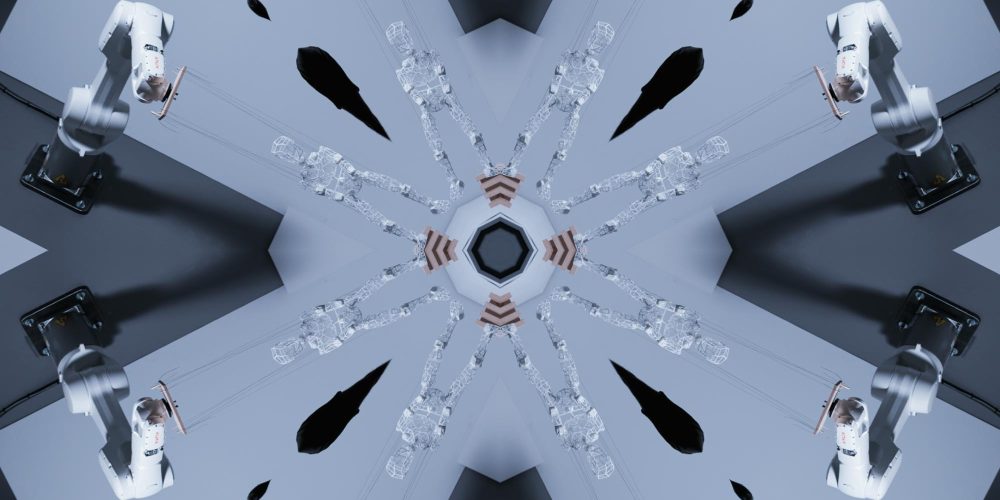
25 years Ars Electronica Futurelab
The past, present and future of the lab in eight episodes on Ars Electronica Home Delivery
-
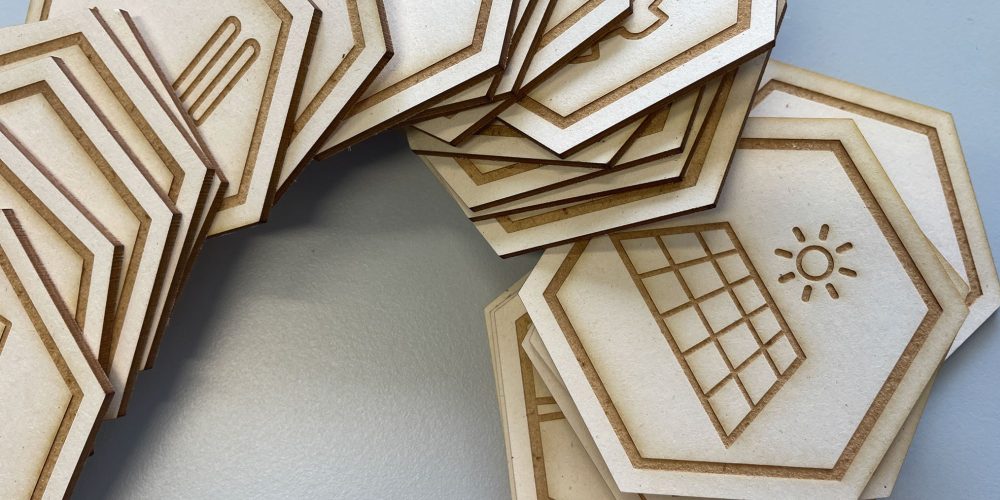
Teaching Sustainability – But in a Playful Way
For the new NAWAREUM hands-on museum, Ars Electronica Solutions is developing two game tables that make it possible to experience energy supply through renewable energies and resources in an interactive, strategic and playful way.
-
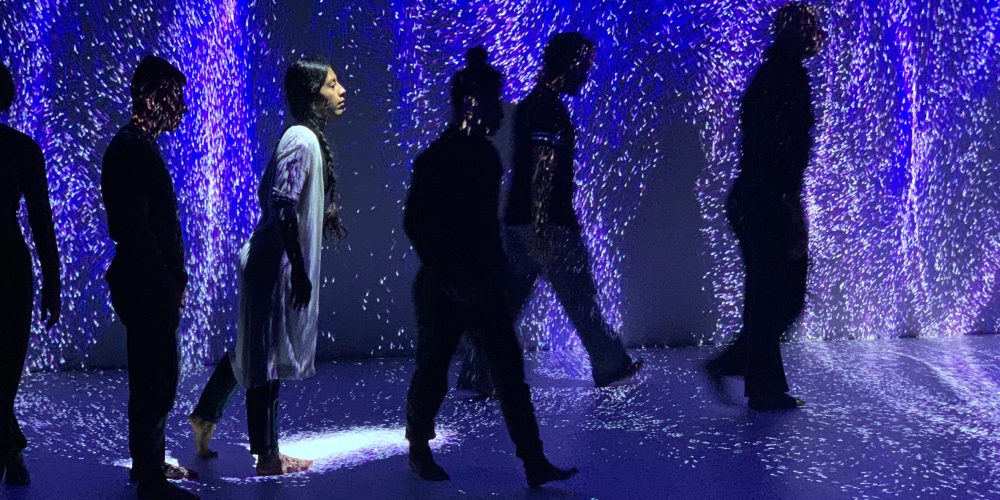
“The Deep Space has a soul”
With fascination we go on a time travel back to the 90s – to the “Cave”, a multimedia room in the recently opened Ars Electronica Center where you could float through walls… A lot has changed since then, both technically and contentwise.
-
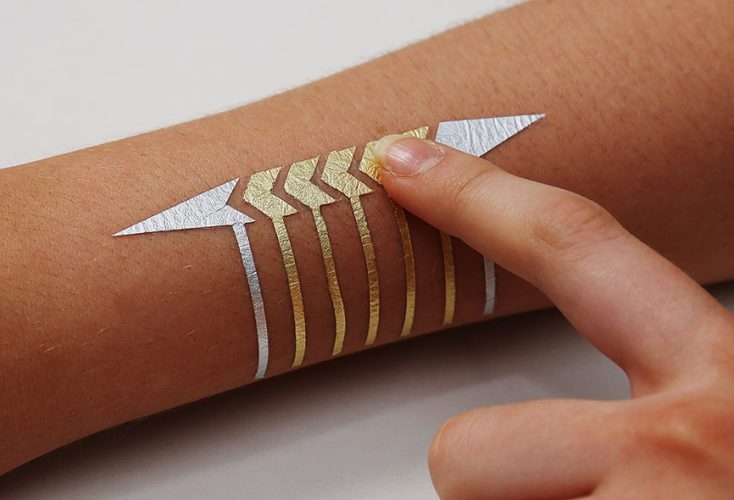
DuoSkin: Like a Second Skin
Nice metallic tattoo or modern on skin interface? Based on the aesthetics of temporary skin jewelry on skin, DuoSkin creates devices that allow users to control their mobile devices or display and store information on their skin. The project is currently part of Ars Electronica’s “human (un)limited” exhibition in Beijing.
-
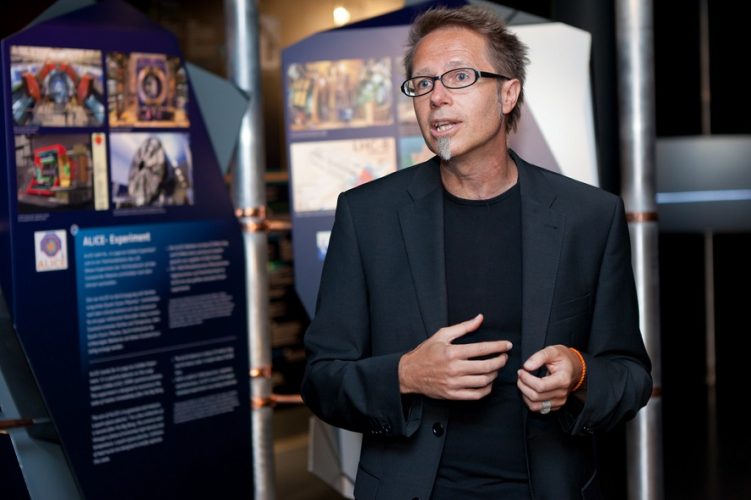
Academy of Error: Antimatter Physicist Michael Doser
The Academy of Error at the 2018 Ars Electronica Festival is bringing international experts in science and research to Linz to reflect on how to come to terms with error. Michael Doser, an antimatter physicist at CERN who will moderate this event on September 9th, gave us a few advance insights into mistakes, research and…
-
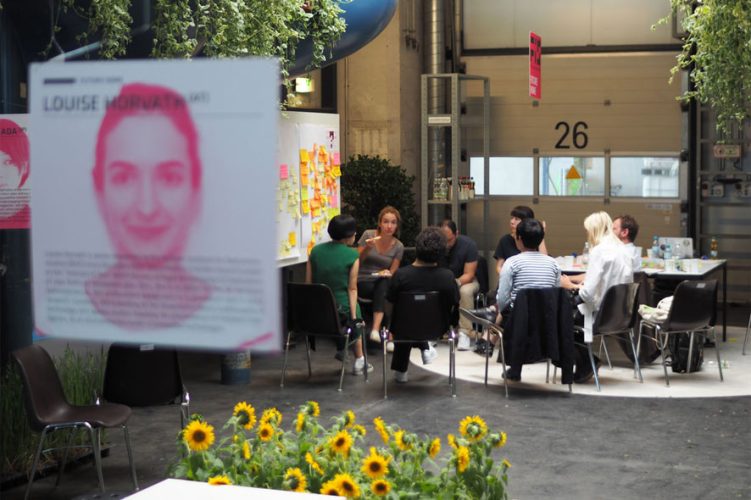
Future Innovators Summit: Innovative thinkers wanted!
For the fifth time, the Future Innovators Summit at the Ars Electronica Festival is looking for the ultimate creative questions. The Open Call by Hakuhodo and Ars Electronica is aimed at artists, designers, engineers, scientists, entrepreneurs, social activists and philosophers. Hideaki Ogawa reports on what awaits the participants this September in Linz. The deadline for…
-
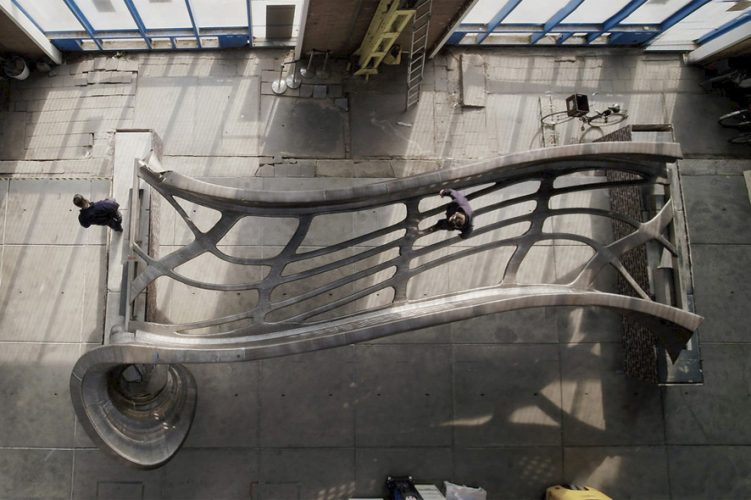
The first 3-D printed steel bridge
By building the world’s first 3-D printed metal bridge, MX3D and the Joris Laarman Lab have provided proof that the MX3D process they have jointly developed makes it possible to create metal objects and structures of any size that are aesthetically pleasing as well as intelligent. They were awarded the STARTS Prize of the European…
-
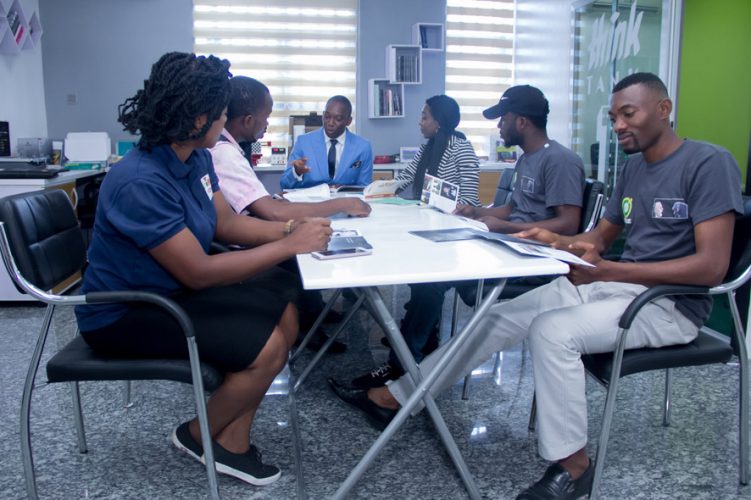
Gallery of Code: Prototypes for Africa
Gallery of Code in Abuja, Nigeria is a multidisciplinary lab that Oskar Ekponimo has established with the support of the Austrian Foreign Ministry, Ars Electronica and other partners. Its target audience is the country’s young generation of students and entrepreneurs. This is where art meets science, talks team up with workshops, and ideas lead to…
-
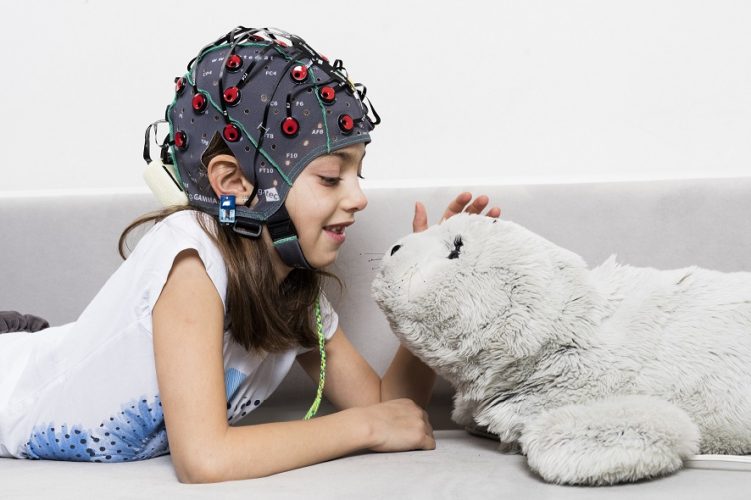
BR41N.IO Hackathon: On Your Marks, Get Set, Hack!
This event is the first of its kind at the Ars Electronica Festival—the BR41N.IO Hackathon demands high performance from hackers and designers, who’ll have 24 hours beginning at 11 AM on Friday, September 8th to conjure up projects based on brain-computer interfaces. To find out how this Hackathon will happen, what sort of stuff will…
-
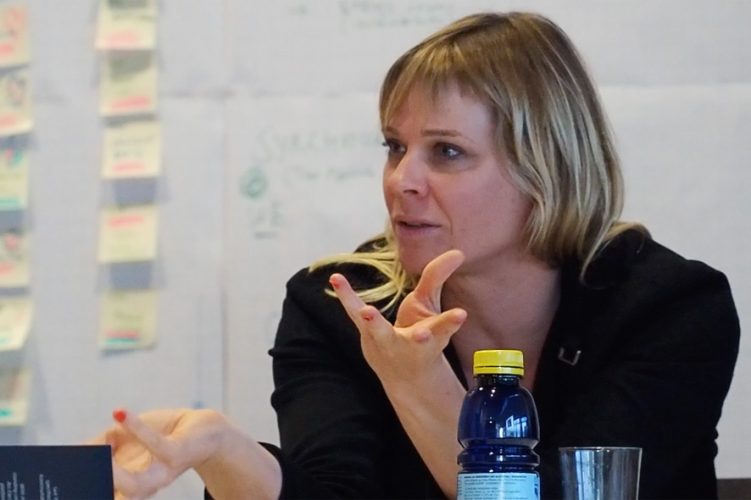
Sophie Lamparter: “Designing our future can’t be left up to individuals”
The STARTS Prize awarded by the European Commission spotlights collaboration of science, technology and art. That’s the same approach taken by Sophie Lampartner, director of swissnex San Francisco and one of this year’s STARTS jurors. In this interview, she talks about trends at the nexus of these three domains.
-
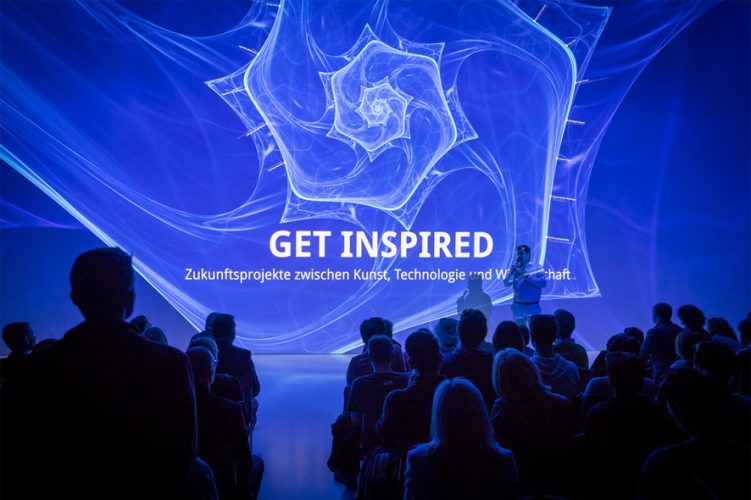
Get Inspired
“GET INSPIRED – Promising Projects at the Nexus of Art, Technology and Science” was the theme of a showcase of innovative projects based in Linz and Upper Austria staged yesterday by Ars Electronica in cooperation with a regional association of young businesspeople. Join us for a look back at an inspiring evening.
-
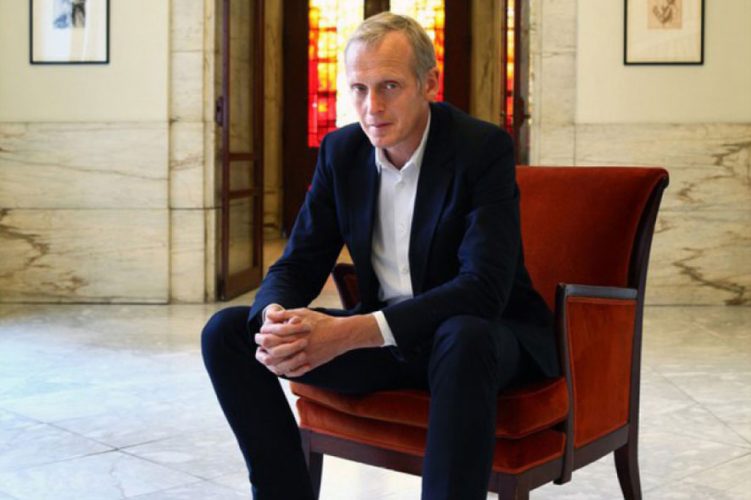
Paul Dujardin: “We need interdisciplinary teams”
In this interview, the artistic director of the Centre for Fine Arts (BOZAR) discusses the artist’s role in this day and age, notes that art also emerges beyond the confines of picture frames, and points out how important it is for disciplines to interconnect.
-
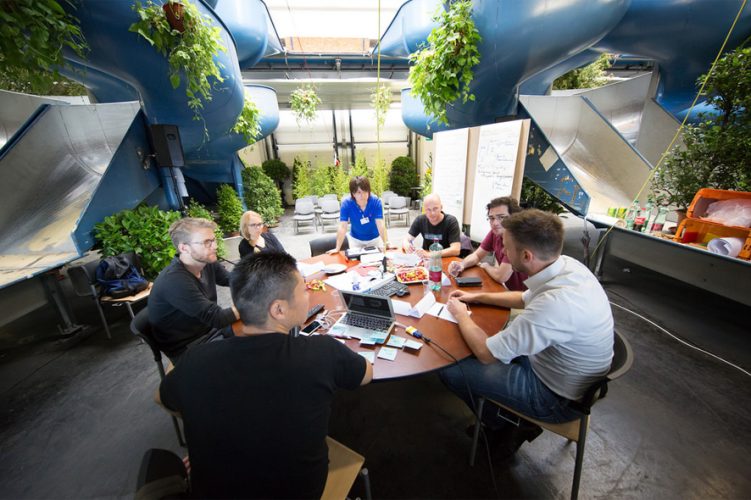
Future Innovators Summit 2016: Creating Agendas for Tomorrow
Since its inception at the Ars Electronica Festival in 2014, The Future Innovators Summit (FIS) has grown and developed into a reputable frame and a new model for creative discussions about the future. This year is the culmination of 3 year’s experience and collaborative partnerships which has led to an expanded format and a significant…
-
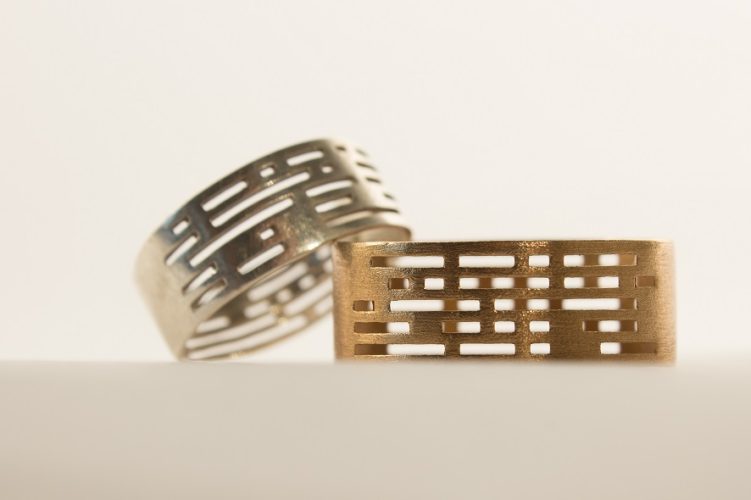
Presenting: The Alchemists of Our Time
The theme of the 2016 Ars Electronica Festival is RADICAL ATOMS – and the alchemists of our time. But who are these people, actually? In the theme exhibition, you’ll find out all about the artists, scientists, activists and entrepreneurs whose unorthodox approaches and inspiring projects are bound to make an impact on our future. In…
-
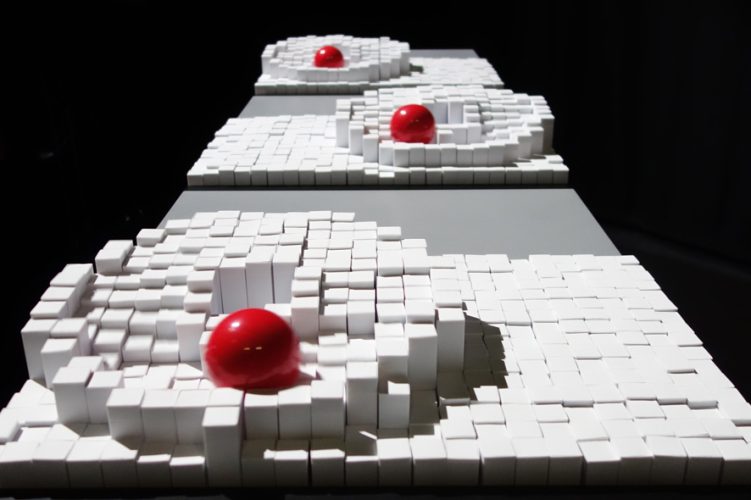
RADICAL ATOMS: When Visions Become Tangible
Prof. Hiroshi Ishii is the director of the MIT Media Lab’s Tangible Media Group. His team’s mission is to envision new forms of human-machine interaction and to enable us to experience and grasp the ideas of tomorrow today. His vision of RADICAL ATOMS also inspired this year’s Ars Electronica Festival theme.
-
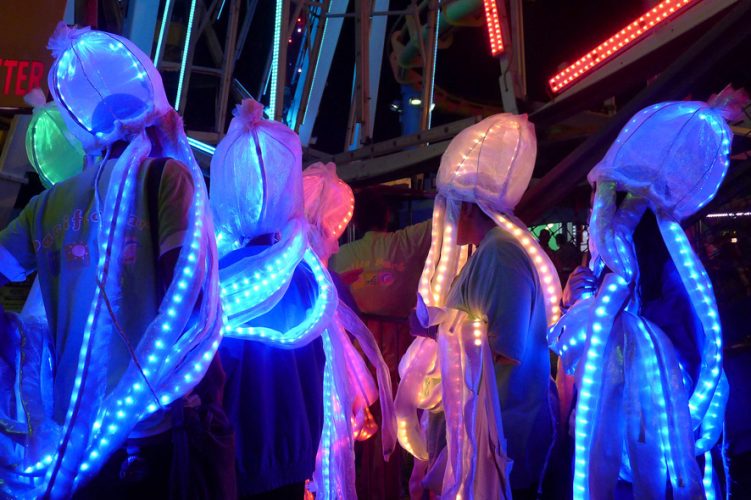
The Essential Challenge of Interactive Art
What does interactive actually mean? We touch something and then experience the upshot of that act? Or does interactivity already come about when we view an image? Victoria Vesna, a 2016 Prix Ars Electronica juror, talked to us about defining interactive art, and elaborated on something she learned about it from media artist Roy Ascott.